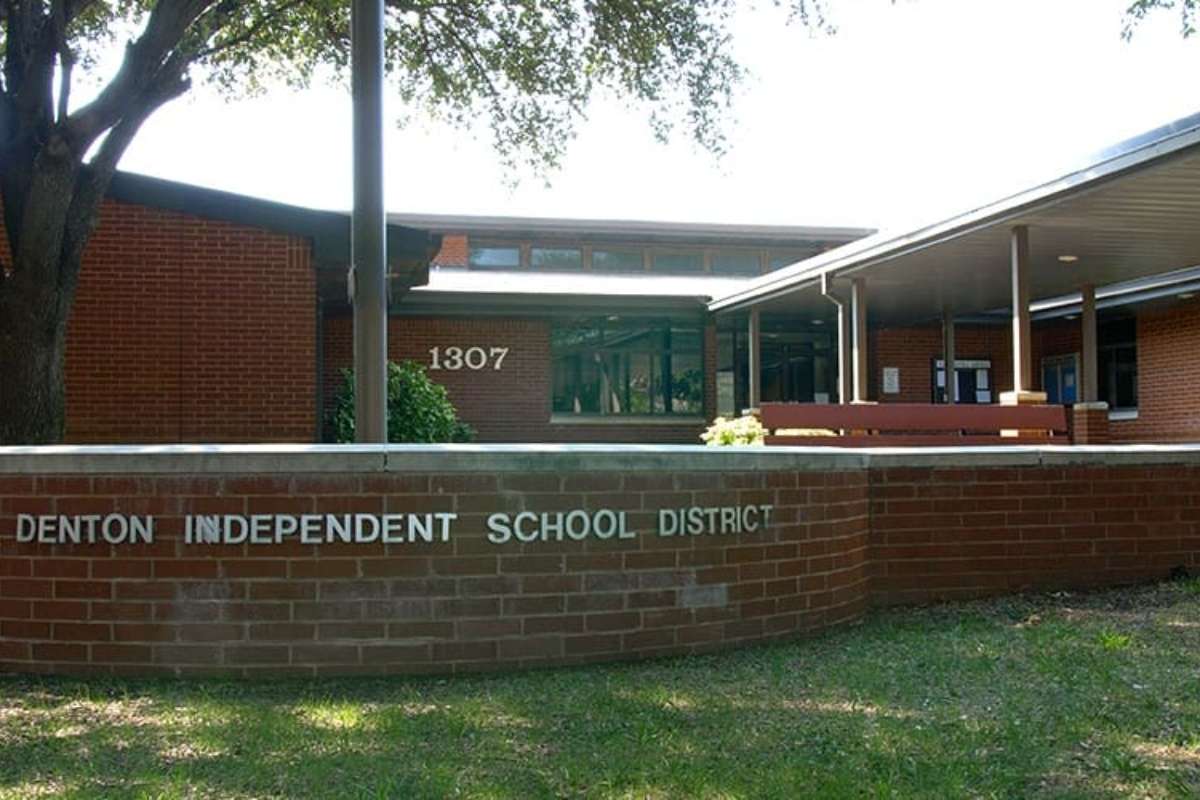School principals and educators in Delhi expressed a variety of concerns following the release of the National Curricular Framework (NCF) for school education on Wednesday. These concerns included the pace at which changes were being implemented and the need for more information on implementation.
According to the National Curricular Framework (NCF) for school education, pupils in Classes 10 and 12 will be permitted to sit for board exams at least twice during the academic year, with only the highest result being kept. According to the National Curricular Framework (NCF), “Boards of examination should eventually develop the capacity to provide ‘on demand’ examinations.”
Principal of Birla Vidya Niketan, Minakshi Kushwaha, commented: “Unless the pattern is adjusted, I’m not sure how convenient board exams twice a year would be. There is a pattern of granting study breaks before to the board exam. The subsequent administration of these exams takes more than a month. They might need to be incorporated into the everyday routine and this pattern would need to be adjusted.
National Curricular Framework | Is it good to have Board exams twice a year?
DLF Education and Scholarships Chair Ameeta Wattal stated: “When two board exams are scheduled within a year, we are creating two stress centres. All the while, kids would be around courses working. There won’t be any break. Otherwise, there is a certain relaxation in the first few months, then things get up around November. Every several months, we’ll be conducting exams here.
ITL Public School Principal Sudha Acharya continued, “It will be necessary to take into account the logistics and viability of holding board exams twice. A board exam takes us a month and a half to administer, score, and announce the results.
Other adjustments are made by the National Curricular Framework (NCF). For students in Classes 11 and 12, “choice-based courses are to be offered to enable flexibility and choice and to remove hard separations between disciplines and academic areas.” Students in these classes must take two language education courses, at least one of which must be in an Indian language.
Two languages are not a bad idea, Kushwaha said. Children in choice-based classes want to enrol in science, business, or the humanities because Delhi University admissions imposes comparable limitations. Higher education will need to follow suit.
The flexibility of courses will succeed if universities collaborate, agreed Wattal. The option for kids to choose their own subjects should be available. However, additional options should be added so people can select. All adjustments should be made gradually, she continued.
“It also depends on the mindsets of kids and parents,” The Indian School principal Tania Joshi said. Students are under pressure as a result of board exams. We require further information regarding the proposed plan. It is a problem for schools, parents, and kids since it represents a paradigm shift.
Also Read: Government Is Making Every Effort To Keep IIT Graduates, Says The Ministry Of Education










